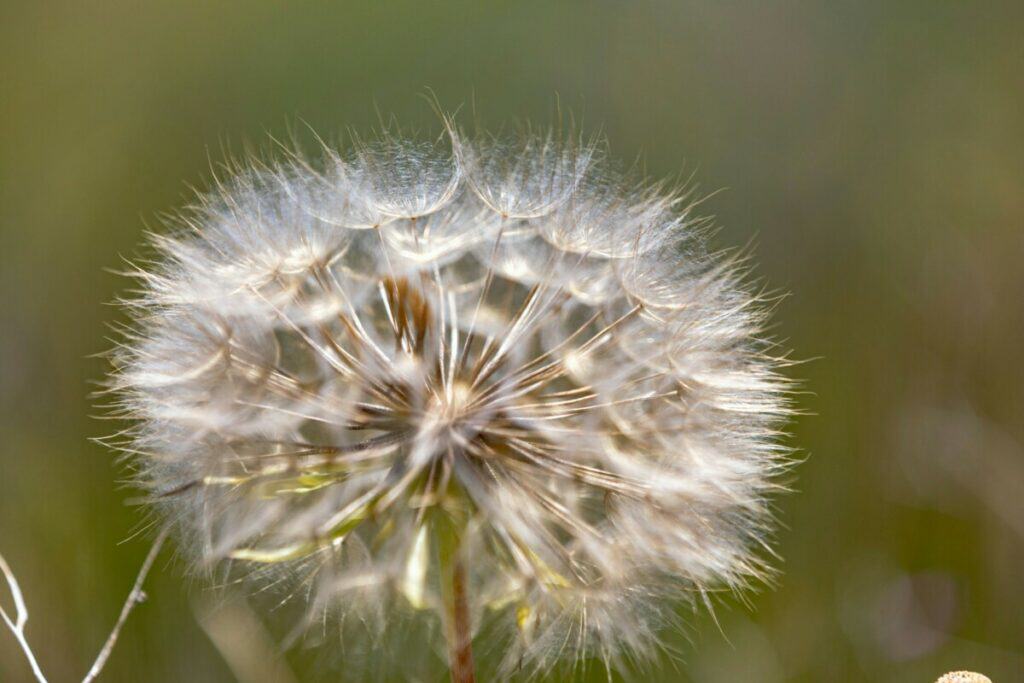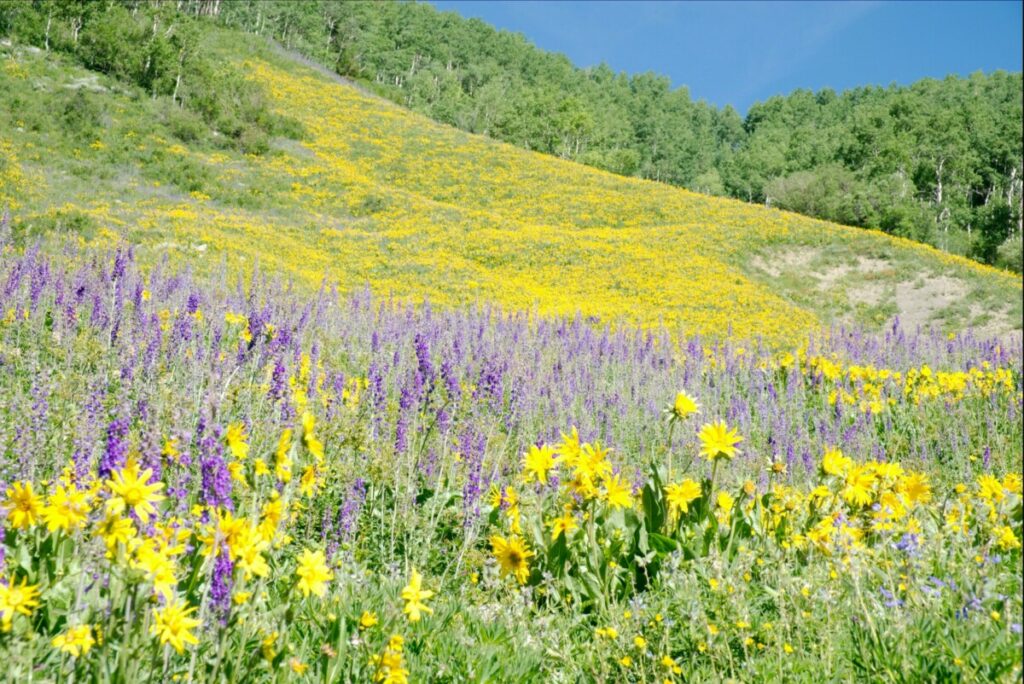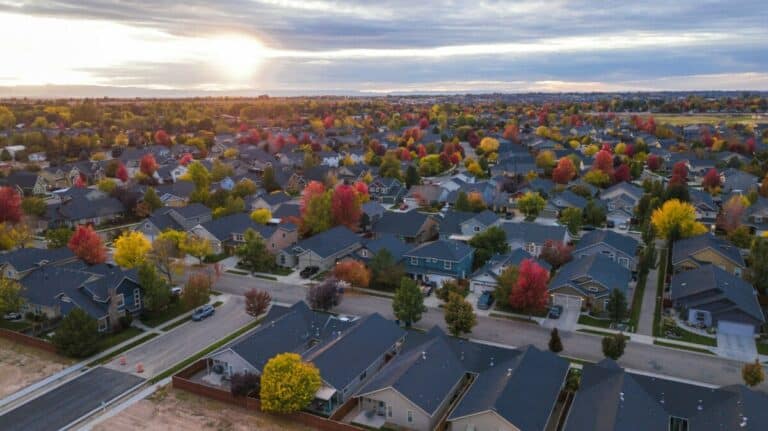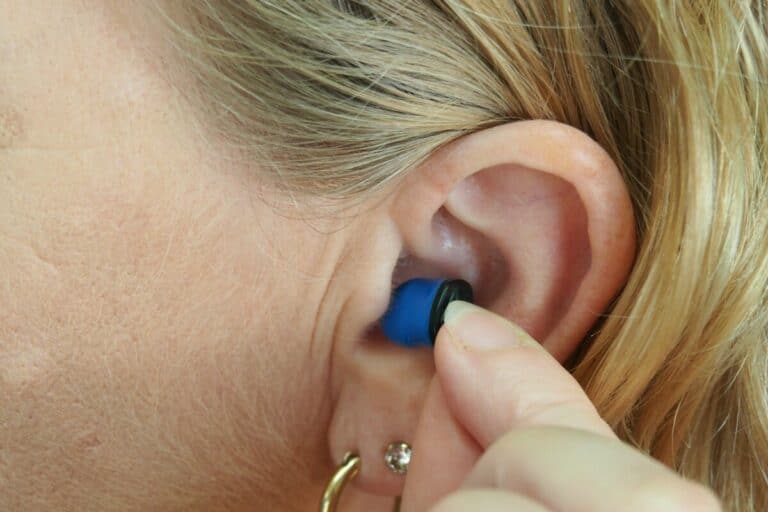Got Pollen Allergy Symptoms? How to Manage Allergy Season in Colorado

Seasonal allergies can make it tough to enjoy Colorado’s beautiful spring. From itchy eyes to constant sneezing, pollen allergy symptoms often disrupt daily life.
Learn how to manage Colorado’s allergy season, based on recommendations from allergists and experts.
What Is a Pollen Allergy?
A pollen allergy happens when your immune system mistakes harmless pollen for a threat. Your body releases histamines, leading to inflammation, sneezing, and congestion.
Common pollen sources include trees in spring, grasses in summer, and weeds in fall.
Why Seasonal Allergies Can Be Worse in Colorado
Seasonal allergies in Colorado can be more intense than in other states.
- High elevation increases sun exposure, boosting pollen production.
- The dry climate helps pollen stay airborne longer.
- Colorado spans multiple allergy zones, including the Intermountain and Great Plains, meaning overlapping pollen seasons from diverse plants.
Pollen Allergy Symptoms to Watch For
Common Symptoms
Pollen allergies often mimic a cold but last much longer. Pay attention to:
- Runny or stuffy nose
- Itchy, red, or watery eyes
- Sneezing fits
- Coughing or sore throat, especially after time outside
These symptoms tend to worsen during peak pollen times in spring, summer, and fall.
Severe Reactions
In some cases, pollen allergies can cause reactions beyond mild discomfort:
- Asthma flare-ups
- Post-nasal drip
- Hives or skin irritation
- Fatigue or brain fog
In rare cases, some people may experience anaphylaxis– if that happens, seek emergency care immediately.
If other symptoms affect your breathing, sleep, or daily activity, consult a healthcare provider.
When Is Allergy Season in Colorado?
Colorado’s allergy season stretches from late winter through the first frost, often peaking in late spring. Different pollen types are more common during different parts of the year.
Tree Pollen (Spring)
- Starts late February to May
- Common trees: cedar, oak, juniper, cottonwood
Grass Pollen (Summer)
- Peaks May to August
- Includes Bermuda, fescue, Kentucky bluegrass
Weed Pollen (Fall)
- Runs August to first frost
- Key culprits: ragweed, sagebrush, tumbleweed
Indoor Allergies (Winter)
- Dust, mold, and pet dander become more noticeable with increased time indoors

How to Prevent Pollen Exposure
Reducing your contact with pollen can make a big difference during allergy season. Simple changes at home and in your routine help limit pollen allergy symptoms.
Limit Pollen At Home
- Use HEPA filters to trap allergens
- Keep windows closed during high pollen days
- Shower and change clothes after going outside
Tips For Lessening Your Daily Exposure
- Check the pollen count daily before heading out
- Stay indoors during mornings and windy days
- Wear masks, sunglasses, and hats to reduce contact with airborne pollen
How to Manage Allergy Symptoms
Managing pollen allergy symptoms in Colorado often requires a mix of short- and long-term solutions. Start with over-the-counter remedies and consult a provider if your symptoms persist.
Over-the-Counter Allergy Relief
- Antihistamines like Claritin and Zyrtec
- Nasal sprays such as Flonase
- Eye drops (such as Pataday) and decongestants for targeted relief
Prescription Allergy Medications
- Asthma medications for respiratory symptoms
- Leukotriene inhibitors like Singulair
- Stronger corticosteroids for stubborn cases
Long-Term Treatments
- Allergy shots (immunotherapy) build tolerance over time
- Sublingual tablets or drops offer at-home convenience
When to See a Specialist
If you’re experiencing persistent or severe symptoms, work with an allergist to build a plan tailored to your symptoms and triggers.
Signs You Need a Doctor
It may be time to see a specialist for pollen allergy symptoms if:
- OTC (over-the-counter) meds aren’t providing relief
- Symptoms occur year-round, not just seasonally
- Asthma develops or gets worse during allergy season

How to Get Allergy Treatment in Colorado
If your symptoms are mild, start by visiting a primary care provider. For more persistent or complex cases, an allergist or ENT can provide specialized testing and treatment.
In Colorado cities like Longmont, Boulder, and Fort Collins, these specialists are familiar with regional allergens and can offer targeted care plans.
FAQs
What’s the difference between a cold and a pollen allergy?
Colds usually come with body aches, fever, and last about a week. Pollen allergies last longer, don’t cause fever, and symptoms flare up during certain seasons.
How can I check the pollen count in Longmont or Boulder?
Use local weather apps or websites that report daily pollen levels. Mornings and windy days tend to be the worst.
Do masks help with allergies?
Yes. Dust masks or KN95s reduce how much pollen you inhale when outdoors.
Are allergy shots worth it?
For moderate to severe allergies, immunotherapy can offer long-term relief and reduce medication use.
Can I get tested at home for allergies in Colorado?
Yes. Several companies offer at-home allergy test kits in Colorado that screen for common regional allergens.
What are the best over-the-counter allergy meds available in Colorado pharmacies?
The best allergy meds available over-the-counter include Zyrtec, Claritin, Allegra, and Flonase nasal spray.







